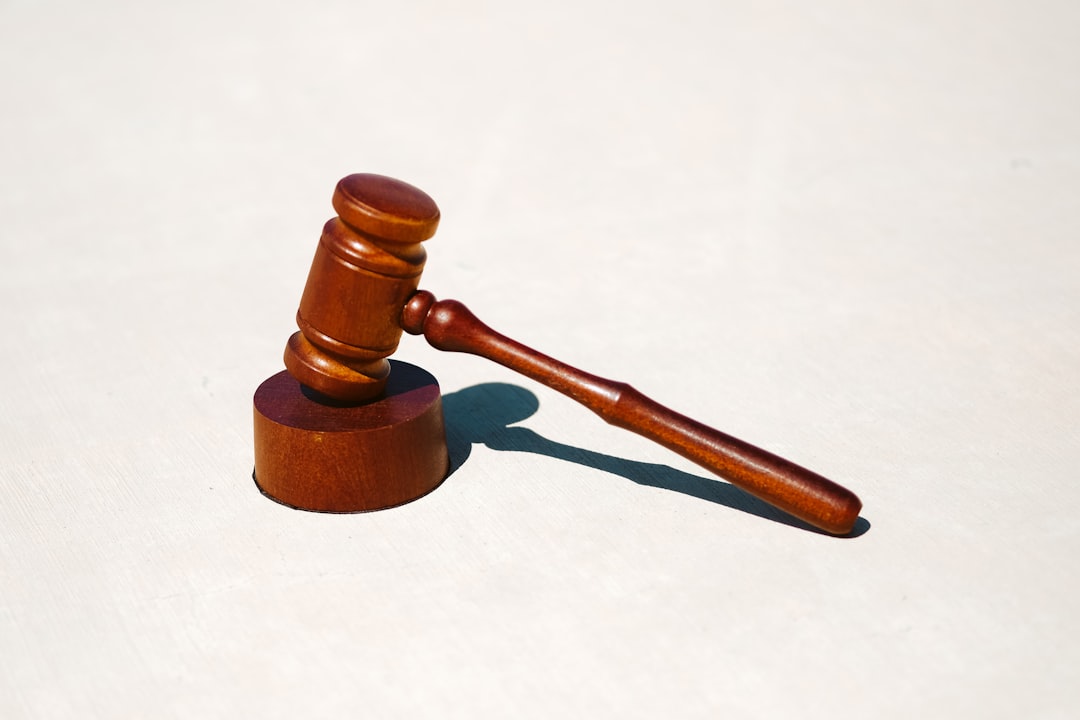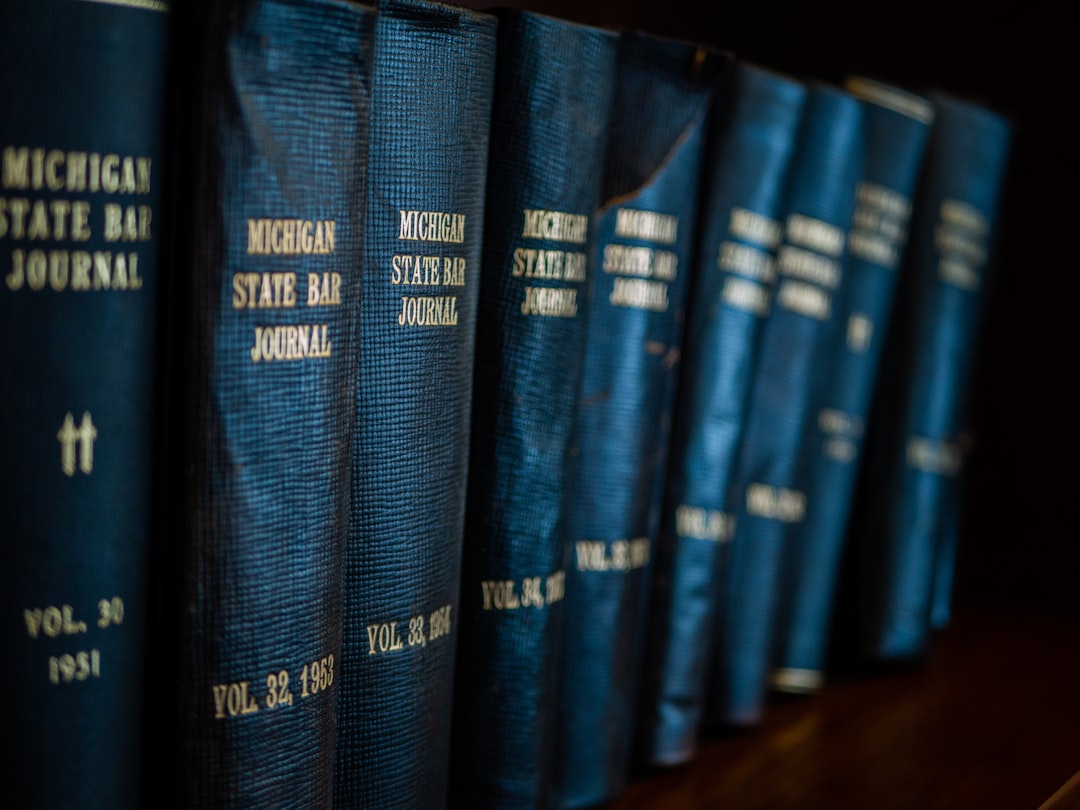The Kent School Case in Connecticut revealed a critical need for accountability in private schools, especially regarding sexual abuse allegations. This legal battle highlighted the essential role of school abuse attorneys in advocating for victims' rights and exposing truths hidden within educational institutions. The case set a precedent emphasizing schools' responsibility to ensure safe environments and promptly address misconduct. In Connecticut, these specialized attorneys guide victims through legal procedures, specializing in child neglect, physical or emotional harm, and sexual misconduct. They empower families to hold private schools accountable, fostering transparency and accountability for student safety and well-being. The Kent School case urges schools to reevaluate policies, implement robust reporting mechanisms, conduct thorough background checks, and promote open communication to prevent future abuse.
“Holding private schools accountable is a crucial aspect of safeguarding students, as exemplified by the renowned Kent School Case. This article delves into the intricacies of this case, offering a comprehensive summary of the events that unraveled a web of educational misconduct. We explore the legal dimensions, highlighting the pivotal role of school abuse attorneys in Connecticut. Furthermore, it provides insights for private schools to implement effective accountability measures and offers protective strategies against potential abuse. By examining these lessons, we aim to guide educators towards fostering safer learning environments.”
Understanding the Kent School Case: A Summary of the Events

In the Kent School Case, a significant legal battle unfolded in Connecticut, shedding light on the importance of accountability in private schools. The case involved allegations of sexual abuse by a teacher at Kent School, a prestigious private institution. Several students claimed they were victims of inappropriate behavior and suit was filed against the school for failure to protect them. This event sparked widespread attention, bringing into focus the need for stricter regulations and oversight in private educational institutions.
The case highlights the crucial role that school abuse attorneys play in advocating for victims’ rights. As these incidents often occur behind closed doors, legal professionals specializing in such matters are essential to uncover the truth and hold schools accountable. The Kent School Case set a precedent, emphasizing the responsibility of educational institutions to maintain safe environments and address allegations of misconduct promptly.
Legal Aspects: The Role of School Abuse Attorneys in Connecticut

In Connecticut, the legal landscape surrounding private schools and their accountability for potential abuse cases is a critical aspect often highlighted by prominent school abuse attorneys. These lawyers play a pivotal role in ensuring that victims’ rights are protected and that educational institutions are held to the highest standards. The Kent School case serves as a powerful example of how dedicated attorneys can navigate complex legal procedures, ultimately securing justice for those affected by abusive practices.
School abuse attorneys in Connecticut specialize in dealing with issues related to child neglect, physical or emotional harm, and sexual misconduct within private educational settings. They guide victims and their families through the legal process, helping them understand their rights and options. These attorneys are well-versed in state laws and regulations pertaining to school safety, student welfare, and accountability, which are essential tools in holding private schools accountable for any misconduct.
Implications for Private Schools: Lessons Learned and Accountability Measures

The Kent School case has significant implications for private schools across Connecticut and beyond, serving as a stark reminder of the importance of robust accountability measures. The exposure of systemic abuse within a prestigious educational institution highlights the need for transparent operations and effective oversight. This instance encourages school administrators and stakeholders to reevaluate their practices regarding student safety, well-being, and protection from harm.
Private schools must now prioritize implementing stringent policies and procedures to prevent and address any instances of misconduct or abuse. School leaders should foster a culture of openness where students feel comfortable reporting concerns without fear of retaliation. Collaborating with legal experts specializing in school abuse cases can help establish comprehensive protocols for investigation, discipline, and support for affected individuals. Such measures ensure that private schools maintain high standards of ethical conduct and legal compliance, addressing the critical need for accountability among educational institutions.
Protecting Students: Strategies for Preventing and Addressing Abuse

Protecting students from abuse in private schools is a critical concern, and the Kent School case highlights several key strategies for prevention and response. One crucial step is implementing robust reporting mechanisms that encourage students to come forward without fear of retaliation. This includes designated safe spaces where students can report incidents confidentially and receiving appropriate counseling.
Additionally, thorough background checks on staff and educators are essential. School administrators should also conduct regular training sessions to educate both faculty and students about recognizing signs of abuse and the available support systems. By fostering a culture of transparency and accountability, Connecticut school abuse attorneys play a vital role in ensuring educational institutions prioritize student safety and well-being.
Future Directions: Ensuring Safety and Transparency in Education

Looking ahead, ensuring safety and transparency in education remains paramount. The Kent School case highlights the need for robust mechanisms to protect students from abuse, both physical and psychological. Schools must implement stringent policies and procedures that promote a culture of accountability, with regular reviews and audits to safeguard student welfare.
Transparency is key; open communication channels between administrators, teachers, parents, and even former students can help identify potential issues early on. Empowering students through education about their rights and safety, as well as fostering an environment where they feel comfortable reporting concerns, are essential steps. Collaboration with school abuse attorneys in Connecticut can provide guidance on legal obligations and best practices to create a secure learning environment.






